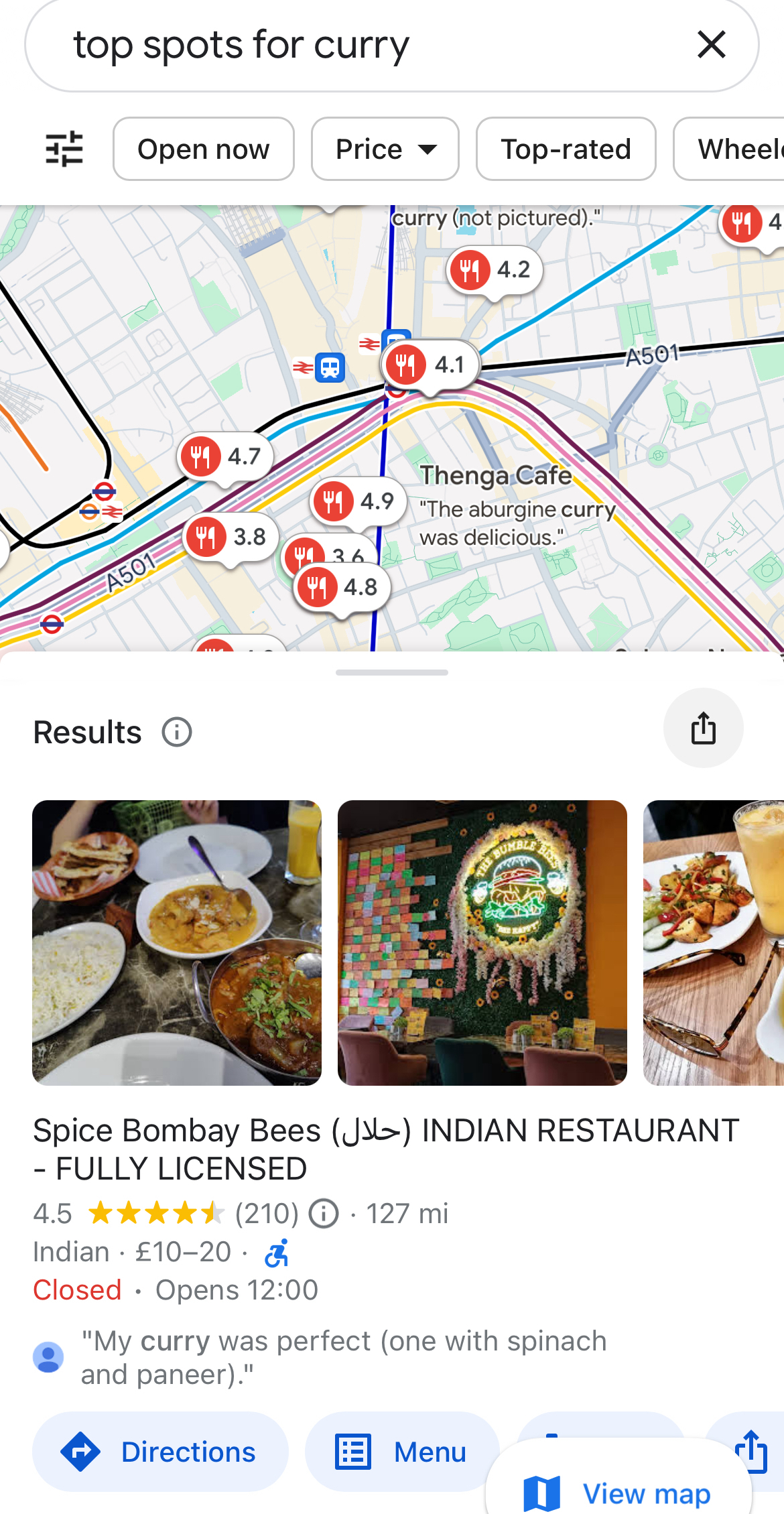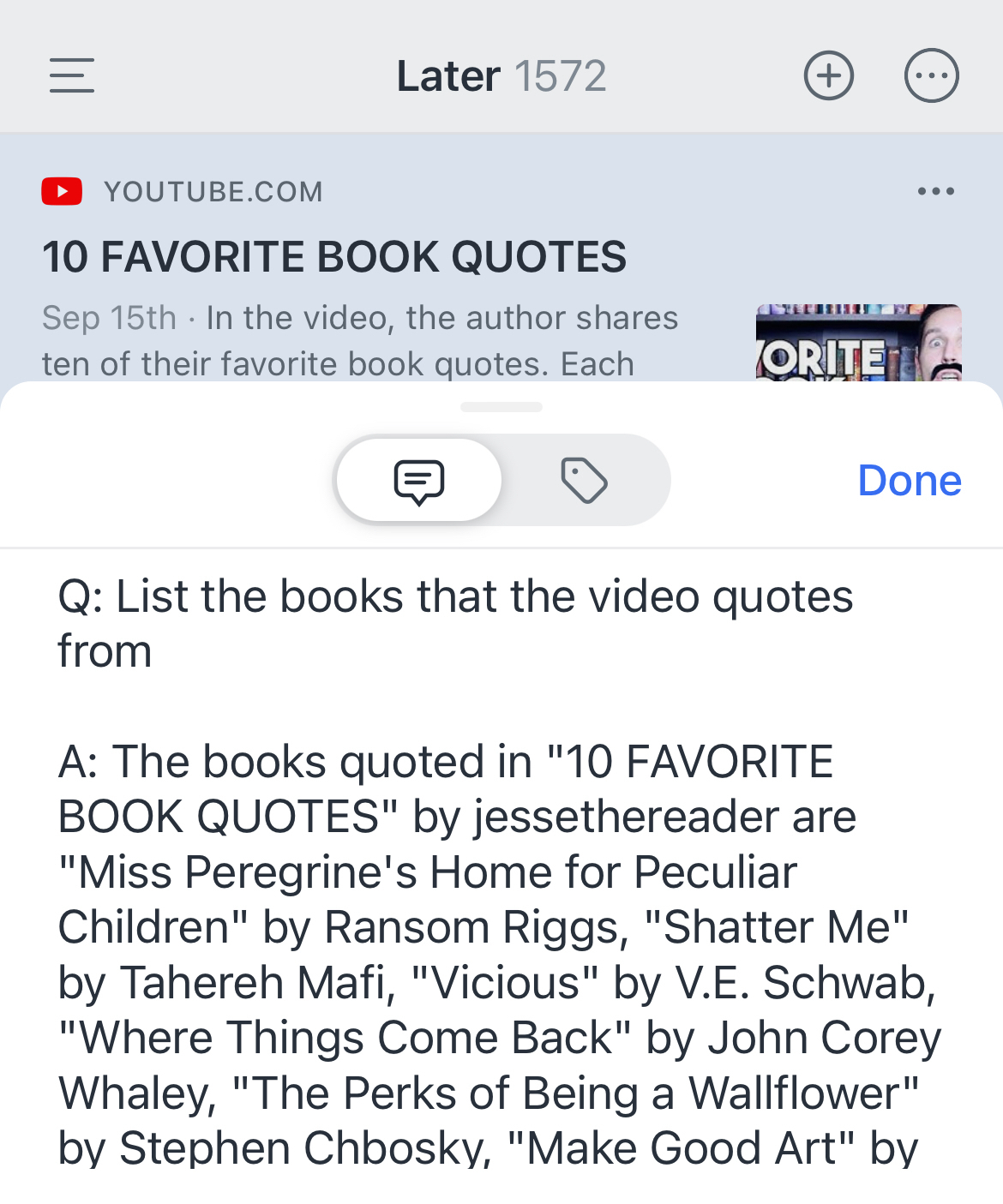New phones aren't all that more exciting despite what Google claims
I believe Jason has previously noted on his blog that new phones are boring - although I can’t find the specific post. I guess it’s not just me being older and more tired that made me feel this way.
This may be no bad thing overall in that the excitement upon new phone releases many years ago likely led to a ton of unnecessary e-waste. Per the World Economic Forum, keeping your phone for longer is better even than recycling its components.
While recycling smartphones is required when phones truly reach end of life stage, keeping phones in use for longer (and therefore minimizing the number which actually need to be recycled) keeps materials in use for longer, reduces waste streams, and means less energy is required for recycling processes.
“The greenest smartphone is the one you already own” says a CNN article that lists a few options you have rather than binning your actually still fine phone.
In any case, I’m more than happy to keep my phone until it simply doesn’t work any more, typically several years. Even my inner tech geek doesn’t feel like I’m missing out.
The companies that produce these phones seem to have picked up on these vibes and are naturally desperate to make us think their phones are new and special.
An advert for the new Google Pixel 9 phone feels like it’s been continuously showing in my household. Much as I’m loathe to spread the propaganda, here it is:
The magic is back
Remember when all phones did pretty much the same stuff until they didn’t?
So this is a new phone that can do magical new things we’ve never seen before. Except the two examples that they attempt to dazzle us with are in fact not new things at all. My several-years-old basic model phone has done them for quite some time.
Sticking pins on a map of your locality corresponding to well reviewed restaurants has been a basic function of mapping apps for years. Here is me asking the same kind of question of Google Maps - done with my voice even if you can’t tell that.

And it works fine - or at least as fine as I imagine it works on the fancy new phone.
Granted, maybe the Pixel 9 does it in a different way behind the scenes. I have no idea. But I also don’t care about that unless the results are dramatically better. Of course if they, like many others companies, decided to shove generative AI into everything no matter how unnecessary then I’d imagine the results might not be better at all. Witness Apple’s awkward disclaimer on the the generative AI output on its new phone - “Check important info for mistakes”. That feels like work.
The second task Google demonstrate - having AI “watch” a video and answer a question about it - is a bit of a new innovation in terms of only having been available in the mainstream for the past few years, really since the advent of generative AI as far as I know. But it’s wrong to imply that only the Pixel 9 can do it when in fact the majority of modern smartphones can do it.
Because at the end of the day this is software thing, and likely a cloud thing at that. I imagine there’s several services out there that have enabled the same sort of task for a while now. Personally I’m a user of the Readwise Reader app which, via its “Ghostreader” function, has a similar ability to let you “ask questions” of Youtube videos. It’s not a feature I ever use - typically if I have loaded up a video it’s because I would actually like to watch a video, although I understand there are valid use-cases where you might want to do otherwise - but it’s there.
Here’s the results of me asking for references from a random Youtube video that contains some.
